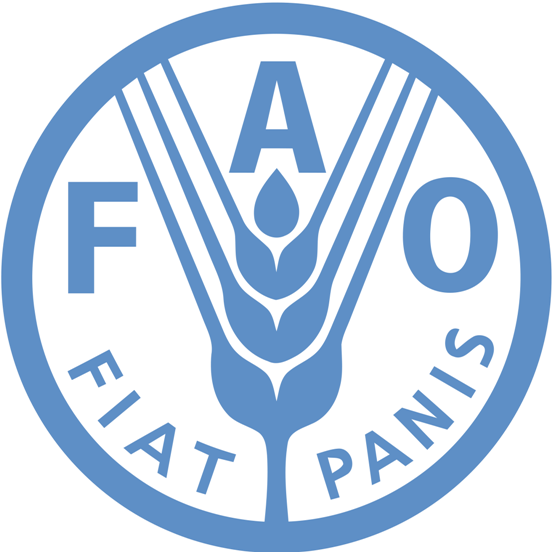One of the greatest challenges of our time «Water Scarcity»
 Water is essential for agricultural production and food security. It is the lifeblood of ecosystems, including forests, lakes and wetlands, on which the food and nutritional security of present and future generations depends on. Yet, our freshwater resources are dwindling at an alarming rate. Growing water scarcity is now one of the leading challenges for sustainable development. This challenge will become more pressing as the world's population continues to swell, their living standards increase, diets change and the effects of climate change intensify.
Water is essential for agricultural production and food security. It is the lifeblood of ecosystems, including forests, lakes and wetlands, on which the food and nutritional security of present and future generations depends on. Yet, our freshwater resources are dwindling at an alarming rate. Growing water scarcity is now one of the leading challenges for sustainable development. This challenge will become more pressing as the world's population continues to swell, their living standards increase, diets change and the effects of climate change intensify.
The 'water we eat' daily through the food we consume is much more than what we drink. Did you know depending on the diet, we need 2 000 to 5 000 litres of water to produce the food consumed daily by one person? As the global population is estimated to reach 10 billion people by 2050, demand for food is expected to surge by more than 50 percent. Evidence suggests that two-thirds of the world population could be living in water-stressed countries by 2025 if current consumption patterns continue. In order to achieve a zero hunger world by 2030 we need to take action now. Here are just four areas where we can work to save this precious resource:
1. Agriculture
Agriculture is both a major cause and casualty of water scarcity. Farming accounts for almost 70 percent of all water withdrawals, and up to 95 percent in some developing countries. However, there are improvements we can make with regards to how we use water to produce food. For example, the choice of crop impacts greatly the amount of water that is needed. Did you know that pulses crops have a small water footprint meaning that to produce 1kg of lentils we only need 1 250 litres of water? Compare this to the 13 000 litres of water we need to produce 1kg of beef!
2. Climate Change
Water scarcity is expected to intensify as a result of climate change. It is predicted to bring about increased temperatures across the world in the range of 1.6°c to as much as 6°c by 2050. For each 1 degree of global warming, 7 percent of the global population will see a decrease of 20 percent or more in renewable water resources. More frequent and severe droughts are having an impact on agricultural production, while rising temperatures translate into increased crop water demand. In addition to improvements in water-use efficiency and agricultural productivity, we must take action to harvest and reuse our freshwater resources and increase the safe use of wastewater. Doing so will not prevent a drought from occurring, but it can help in preventing droughts from resulting in famine and socioeconomic disruption.
3. Food Loss and Waste
Cutting back on food loss and waste has an important role to play in using water more wisely. Each year, one-third of world food production is either lost or wasted — that translates into a volume of agriculture water wasted equal to around three times the volume of Lake Geneva. We need to remember that when throwing away food we are also wasting the resources that were needed to produce it. We can all make small changes in our daily life to reduce our food waste, from cooking dishes with our leftovers to shopping only for what we need.
4. Food systems
Water is more than often inefficiently used in the food value chain. In addition, key decisions such as site selection, technology, and suppliers are frequently made without taking into account the impacts of the operation on the availability and quality of water resources, especially when water is not a limiting factor either in quantities and/or in price. We can help increase the good practices taken up by the private sector and encourage others to incorporate these impacts explicitly in their business plans.
FAO is working with countries to ensure water use in agriculture is made more efficient, productive, equitable and environmentally friendly. This involves producing more food while using less water, building resilience of farming communities to cope with floods and droughts, and applying clean water technologies that protect the environment.

